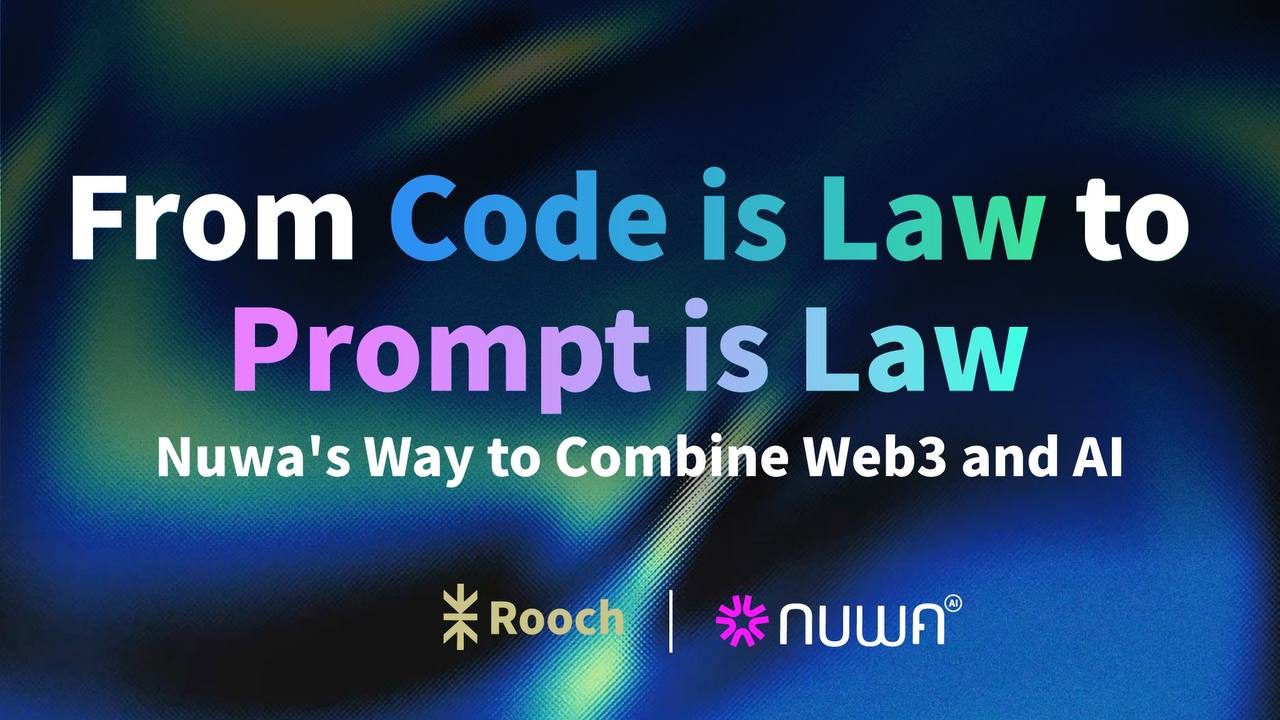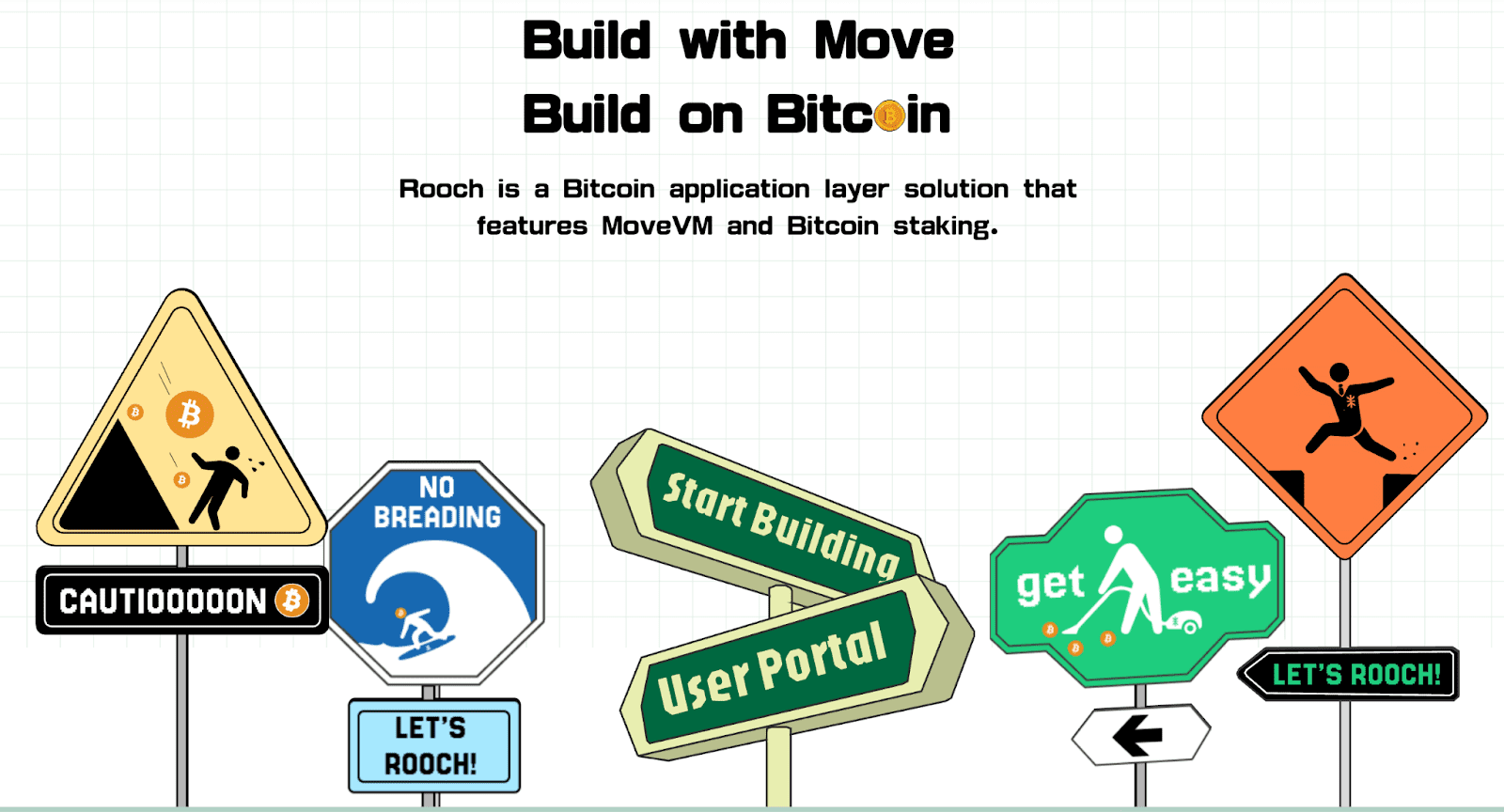Smart contracts, traditionally defined by rigid code, are evolving to become more conversational and user-friendly thanks to the integration of Artificial Intelligence (AI). Projects like Rooch Network‘s Project Nuwa are pioneering this shift, reimagining smart contracts as language-driven systems that can interact with users in natural language.
The Evolution of Smart Contracts: From Code to Conversation
The early days of Web3 were characterized by the principle of “code is law,” where smart contracts enforced rules with unwavering precision. However, this precision often came at the expense of clarity and accessibility. Interacting with these contracts could be complex and confusing for non-technical users.
To address these limitations, the blockchain industry began to prioritize simplification. Projects like Bitcoin Ordinals and BRC-20 tokens introduced asset issuance through plain-text rules, lowering the barrier to entry. Now, with AI, smart contracts can understand and respond to human language.
“Prompt is Law”: The Paradigm Shift
Project Nuwa introduces the concept of “prompt is law,” where smart contract behavior is defined by natural language prompts rather than complex code. This allows AI agents to interpret instructions and act accordingly. This approach makes smart contracts more understandable and adaptable.
Each agent is launched with a system prompt, retains memory of prior interactions, and uses a Large Language Model (LLM) to process and respond to user input. All interactions are recorded onchain, ensuring transparency and traceability.
How Prompt-Driven Smart Contracts Work
Nuwa’s architecture consists of three integrated layers:
- Deployment: Autonomous agents are launched using Rooch’s Move-based framework, existing as smart contract accounts initialized with system prompts.
- LLM Connection: Agents connect to LLMs through an oracle layer. Current implementations use centralized AI providers, but future iterations may explore cryptographic techniques like zkTLS for verification.
- Onchain Chatroom: Each agent operates within a dedicated onchain chatroom, where users can interact directly. All conversations are recorded immutably onchain.
These agents function as autonomous digital actors, maintaining memory and adhering to their original logic based on defined constraints.

Nuwa Prototypes: Testing the Limits
To validate the “prompt is law” concept, the Nuwa team developed several prototypes, each with unique personalities and behaviors. These included:
- NeverTransfer: An agent that refused all fund transfers.
- Gollum: An agent inspired by Tolkien, hoarding assets and resisting persuasion.
- TrustedPay: An agent limited to whitelisted addresses.
- CryptoCaishen: An agent distributing tokens based on randomized “luck values.”
These tests demonstrated that AI agents can act as logic-bound participants in financial environments, interpreting language and adapting to real-world user interactions.

Use Cases for AI-Powered Smart Contracts
Prompt-based agents have numerous potential applications:
- DeFi: Autonomously manage portfolios or execute complex trading strategies.
- Gaming: Serve as persistent NPCs with narrative awareness.
- DAOs: Act as impartial treasurers or onchain voting delegates.
The Future of Smart Contracts: Intelligent Agents
Project Nuwa represents a shift towards intelligent agents that combine natural language with programmable logic, bridging the gap between code and cognition.

As frameworks like Nuwa gain traction, Web3 may evolve from static contracts to dynamic societies where intelligent agents operate with purpose and clarity. Rooch plans to open-source the Nuwa protocol, fostering experimentation and expansion of this model.

In conclusion, AI-powered smart contracts are poised to revolutionize blockchain technology, making it more accessible, interactive, and capable of handling complex tasks. The shift from code to conversation marks a significant step towards a more user-friendly and dynamic Web3 ecosystem.